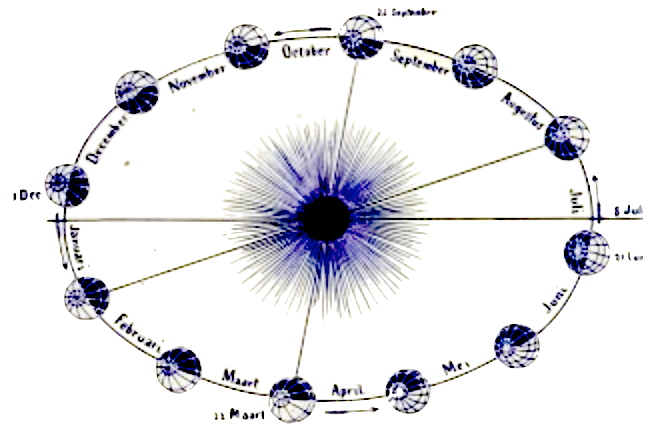69 The willingness to be touched in your soul
LG69
69a
Jesus said:
Blessed are those who are touched in their souls.
Truly, they are the ones who got to know the father.
69b
Blessed are the hungry,
for the belly of those who desire
will be saturated.
Charity [relativeslove, #lit_trans], as is of course known, is a core theme of Christianity. But we know that through the ecclesiastical tradition mainly as a commandment, as a “Thou shalt”, or as a call to imitate. There is nothing wrong with that in itself. Marvellous acts of mercy have been performed following Jesus’ call for charity. And whoever makes the decision to put love into practice, following Jesus, even if that is only an intention, an intention, will discover by doing that there is true love in her or him, as a perhaps unexpected Inner power. That is the way of practical action.
Here, in this logion, it is emphasised that love is not just a moral commandment, no matter how valuable it is to imitate, but that love is at the root of reality. Love exists.
In Gnostics, we have two natures as human beings, personal nature and Christ nature – see the prologue to the Thomas gospel. Personal nature is our appearance in time, our temporary existence between birth and death. If our consciousness is only connected to personal nature, we can experience ourselves as separate from our fellow human beings. I am me and you are you.
He who connects his consciousness with his timeless core, called Christ nature in Gnostics, connects his self-awareness with all reality, with the Source of all being. Then, as said here, you got to know the father. Then there is also the self-evident sense of unity with all that is. Then the separation is lifted. Then charity is a matter of course, because then we will be touched in our soul by everything that happens around us. Then the pain and joy of our fellow man and other creatures is also our own pain and joy. You are me in a different form.
The reverse also applies: if we are willing to be touched in our soul by what is happening around us, then that willingness will bring us to the Source within ourselves. Because if we want to open ourselves emotionally to what is happening around us, that emotional openness will also make us feel an inner desire, a hunger as said here, in ourselves.
In every person lives an inner desire, a hunger, for wholeness, for the connection with the Source. That is a natural desire. We are born with it. If we close ourselves emotionally to the events around us, then we will also not be able to perceive that inner desire.
You cannot selectively close your emotional experiences. You can not only have fun experiences and close yourself to all others. Even if you only want to exclude one emotional experience, you can only do that by locking the entire gate of your soul. This is how the armored personality is created.
If we want to open ourselves emotionally, then that is only possible by allowing all experiences, without any exception, without censorship.
If we are prepared to do so, if we also want to and dare to experience the painful aspects of human existence, without arming ourselves against it with all kinds of judgments, we thereby also open the door of our soul to the experience of love.
A beautiful symbol of this is Mother Mary depicted with empty hands, and the palms of her hands facing forward. That is the moving symbol of the unconditional and unquestioning surrender to reality in its total fullness.
Then there is sympathy with our fellow creatures, in the literal sense of that word: “feeling together,” “sympathy.” (An image of Maria with empty hands can be found here.)
There is then not only sympathy with other people. If we dare to open our mind unconditionally, as in the image of Mother Mary, we will also be able to experience our own inner desire, the hunger for wholeness, in ourselves. That desire will lead us to the Christ nature within ourselves in oneness with the Source. That desire then becomes our inner spiritual guide.
Only in emotional openness can the Christ be born in you. That emotional openness is the mother of the Christ in you. Mother Mary is called ‘mother of sorrows’ for a reason. In her as a symbol, suffering has become legitimate as an inseparable part of life, in addition to the joy of life, also on the spiritual path of Gnostics.
So the gnostic does not promise you a release from suffering. On the contrary, to be able to experience the unity with the Source, this requires unconditional surrender of life in all its facets, represented in the open hands of mother Maria.
